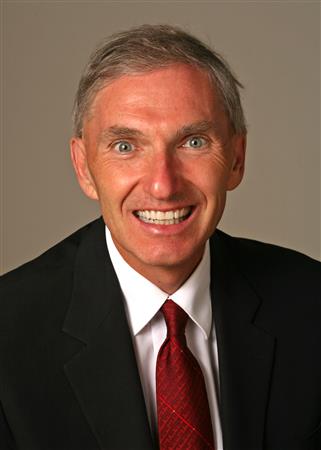Many contend that the United States is more polarized now than ever. While this is not true, nonetheless the United States (and Minnesota) are clearly polarized. This talk with examine how and why the US has polarized in the last 40 years, placing special emphasis on the 2016 elections and what we can learn from it moving forward.
David Schultz is a Hamline University Professor of Political Science who teaches across a wide-range of American politics classes including public policy and administration, campaigns and elections, and government ethics. He is also a professor of law at the University of Minnesota and University of St. Thomas schools of law where he teaches constitutional law, administrative law, state constitutional law, election law, and professional responsibility. A three-time Fulbright scholar who has taught extensively in Europe, and the winner of the national Leslie A. Whittington award for excellence in public affairs teaching, David is the author of 30 books and 100+ articles on various aspects of American politics, election law, and the media and politics, and he is regularly interviewed and quoted in the local, national, and international media on these subjects including the New York Times, Wall Street Journal, Washington Post, the Economist, National Public Radio, and Canadian TV. His most recent books are American Politics in the Age of Ignorance: Why Lawmakers Choose Belief Over Research (2013), Election Law and Democratic Theory (2014), and Presidential Swing States: Why Only Ten Matter. (2015). Prior to teaching, Professor Schultz also served as a city director of code enforcement, zoning, and planning in Binghamton, NY, and worked as a housing and economic planner for a community action agency.

